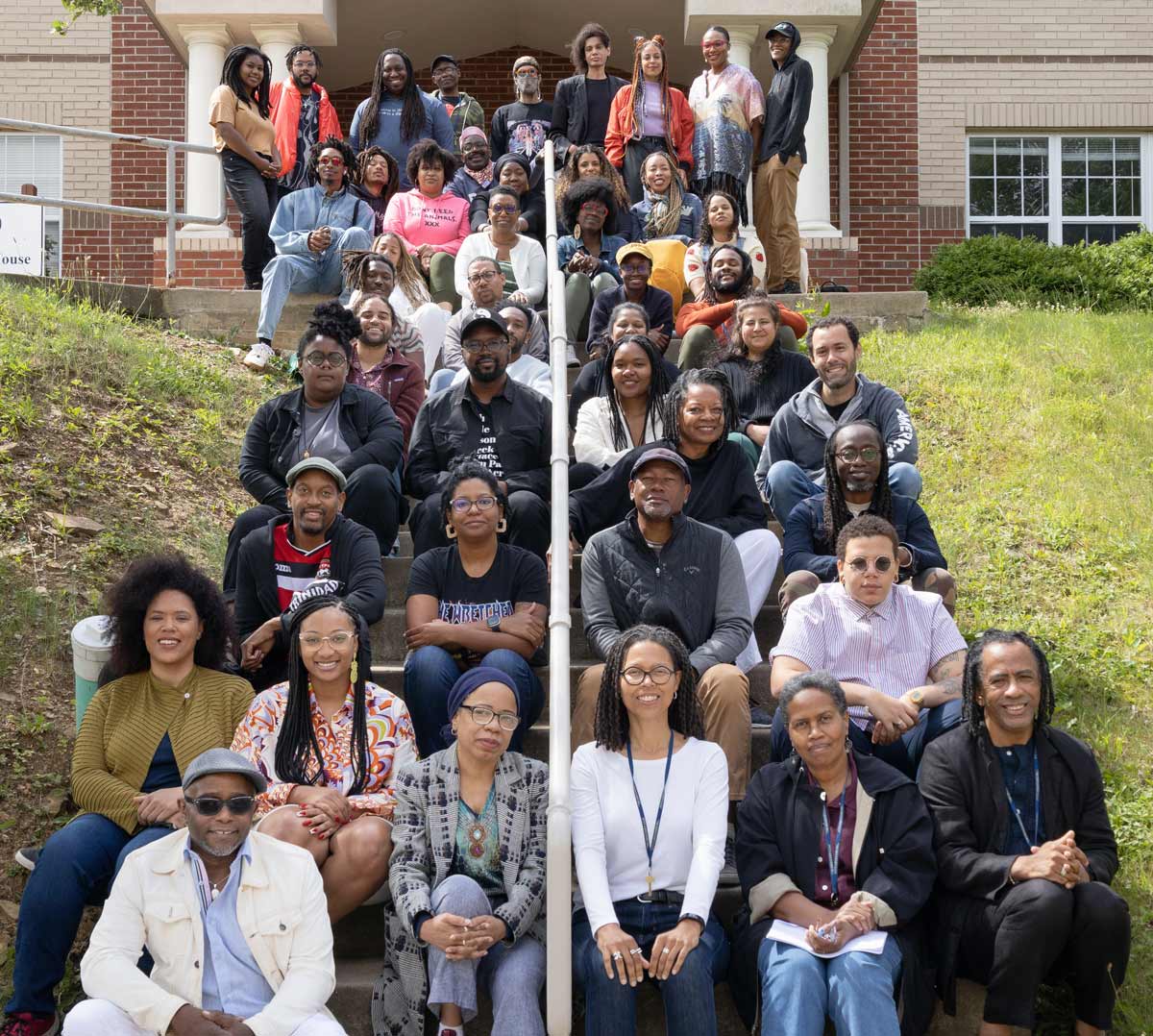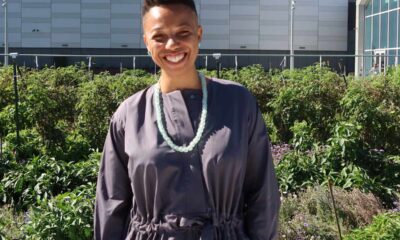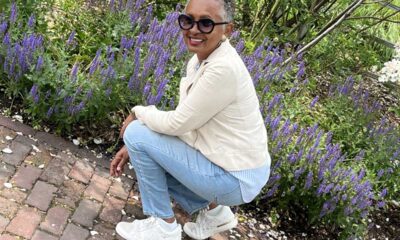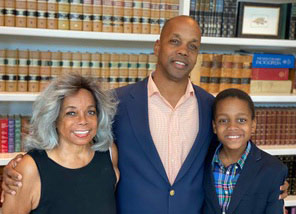Arts-Theater
Celebrate Poetry Month with Cave Canem, The Voice of Black Poetry

By Fern Gillespie
The words of Black poets have been entwined in American culture and history for over 100 years. During the early 20th Century, there were poets of the Harlem Renaissance like Langston Hughes, Countee Cullen, Zora Neal Hurston, James Weldon Johnson, Sterling Brown, Jessie Fauset, Paul Laurence Dunbar, Helene Johnson, Claude McKay and others from W.E.B. DuBois’ “Talented Tenth.”
The 1960s and 1970s were the height of the Black Arts Movement, which was described by founder Amiri Baraka to “create an art, a literature that would fight for black people’s liberation with as much intensity as Malcolm X our ‘Fire Prophet’ and the rest of the enraged masses who took to the streets.”
Baraka was joined by poets who led the movement like Jayne Cortez, Nikki Giovanni, Sonia Sanchez, Gil Scott-Heron, Maya Angelou, Ntozake Shange, Audre Lorde, Haki Madhubuti and Larry Neal.
By 1996, a new Black poetry movement was emerging. Poet-scholars Toi Derricotte, an award-winning poet and current professor at the University of Pittsburgh partnered with Cornelius Eady, NAACP Image Award and Pulitzer Prize-nominated poet, who is the Chair of Excellence in the English Department at the University of Tennessee Knoxville.
They created a national Black cultural nonprofit Cave Canem, dedicated to nurturing a new generation of Black poets. Cave Canem, which holds weeklong annual poetry retreats, prizes and fellowships to help foster the growth of Black poets.
Today, Cave Canem, headquartered in Brooklyn, is renowned for having a key role in developing the voices and careers of some of the most acclaimed poets of the 21st century.
In recognition of Poetry Month, Our Time Press spoke with Cornelius Eady about the development and impact of Cave Canem in nurturing Black poets.
“Toi and I felt there was a need for a space where a Black poet could feel they could have their work seen and heard without the added complication of having to justify or defend being in that space. Or resort to silence as a defense mechanism.” he explained.
At Cave Canem’s annual week-long retreat for Black poets, writers from diverse poetic traditions are given the opportunity to study and create. “I think it’s not just the retreat–it’s the ways Cave Canem has learned and grown over the years as an organization –part of a positive change that poets want to be a part of,” he said. “Art as a counterbalance to all the ways this culture seems to want your silence.”
In a recent article, the New York Times listed some of the poetry luminaries that are part of Cave Canem.
Two U.S. poet laureates (Tracy K. Smith and Natasha Trethewey). Six Pulitzer Prize winners (Carl Phillips, Jericho Brown, Tyehimba Jess, Gregory Pardlo, along with Smith and Trethewey). Five National Book Award winners. Three MacArthur “genius” grant winners.
Twenty-four Guggenheim fellows. Six American Book Award winners. This also includes Cave Canem fellows or faculty members serving as poet laureates of cities and states. In addition, there’s Brooklyn resident Mahogany L. Browne, who became the first poet in residence at Lincoln Center.
“I think it’s wonderful that over the years–and we are running up to our 30th-so many of the poets from the workshop have gone on to have such successful careers.
We have had the joy and honor of meeting their work before the prizes arrived, and I think for the fellows who attend it’s a sense of community that you can’t find in say, being the only poet of color in an MFA program,” he said.
“It’s an energy that is carried back through the rest of the year-you KNOW, for certain, you’re not on your own anymore, that there are poets out there who “get” you and know where you are and are excited to know where your writing is headed. Many in Cave Canem see and feel the workshop -and all the fellows who have gone through it–as a family.”
This April, scholar-poet Elizabeth Alexander, president of the Andrew W. Mellon Foundation, presented Cave Canem with a $2.5 million funding award over 5 year period.
It was Cave Canem’s largest gift and was part of the Mellon Foundation’s Righting the Scales Toward Abundance grant program that provides resources for historically under-resourced artists and creative organizations to aid efforts in creation, conservation, and preservation.
Poets like Sonia Sanchez and Nikki Giovanni from the Black Arts movement are involved with Cave Canem. Eady believes that the Black Arts Movement continues to influence contemporary Black poets.
“The short answer is yes–the longer answer lies in the ways Black poets explore, push expand our voices–what CAN’T we write about these days?
I think it’s an exciting time to be a Black poet, and I certainly feel the Black Arts Movement helped to crack open that door,” said Eady. “I think it’s finally our time–I would add all Poets of Color here–I think readers are discovering just what they’ve been missing.”
For information on being a part of Cave Canem and also attending upcoming poetry events, check out the website at https://cavecanempoets.org













